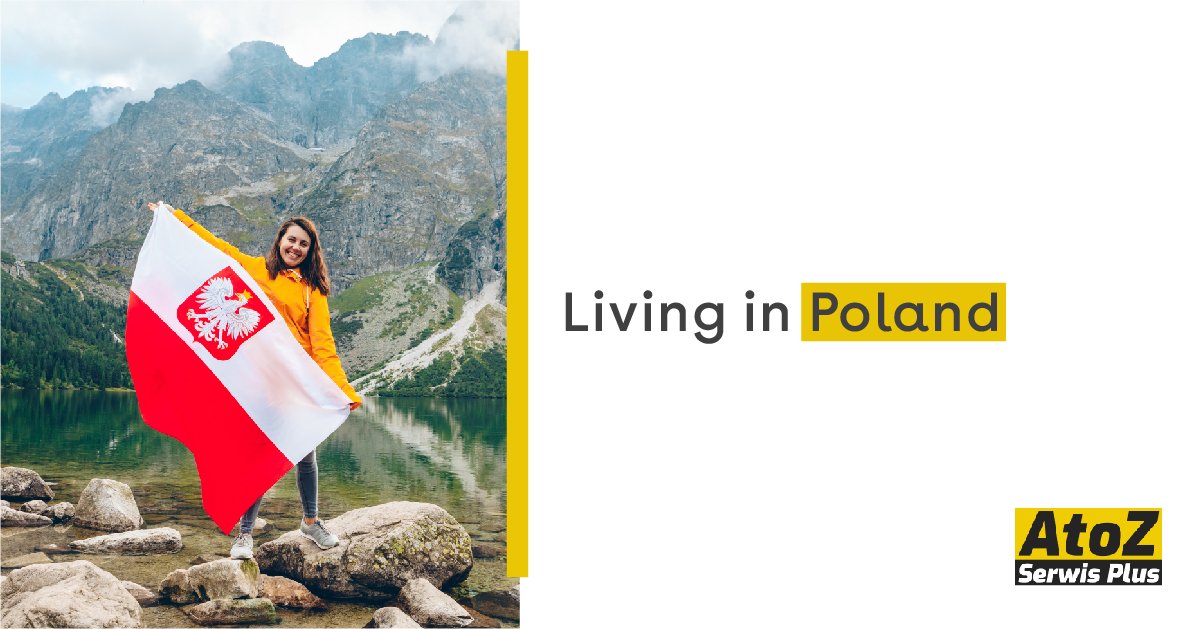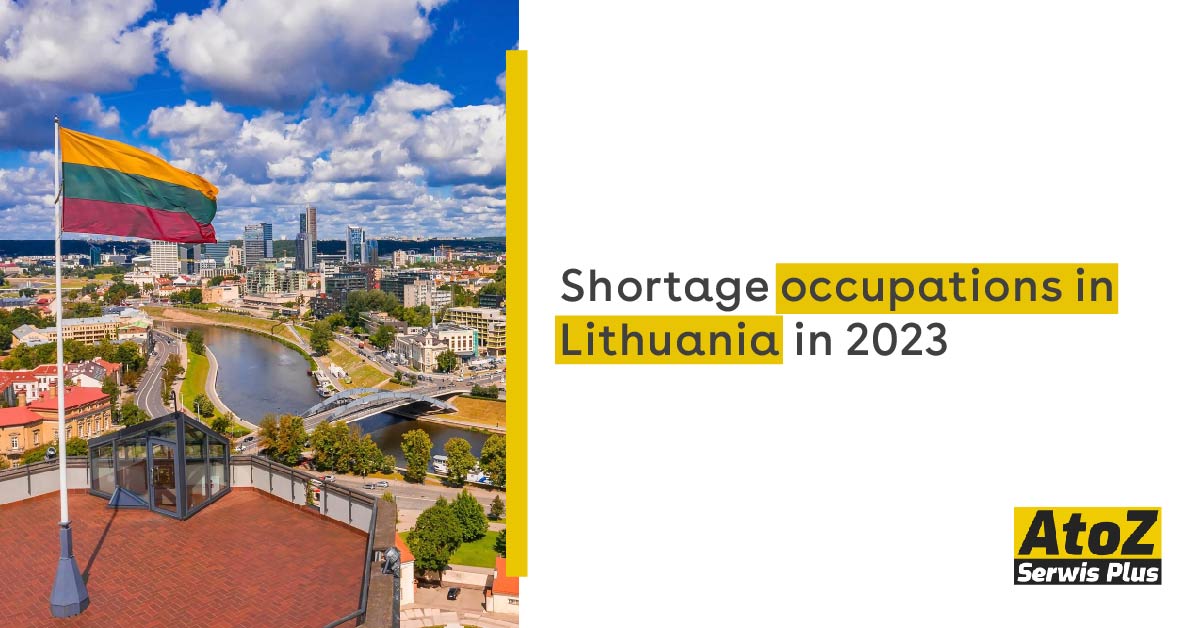

Where are welders most in demand?
Sparks fly, and metal fuses as Europe's industrial landscape transforms dramatically. But amidst this change, one profession stands out, its demand burning hotter than ever: welding. Are you ready to discover where your welding skills could forge a lucrative European career?
Imagine stepping into a bustling shipyard in Germany or joining a cutting-edge aerospace team in France. Picture yourself contributing to massive infrastructure projects in Norway or helping build renewable energy installations in Spain. These aren't just pipe dreams—they're real opportunities waiting for skilled welders across Europe. But which countries are truly leading the charge? Where can you find the most promising prospects and the highest pay?
In this blog post, we'll dive deep into the European welding job market, unveiling the top countries with skyrocketing demand for welders. We'll explore emerging markets that are heating, specialised fields that are crying out for expertise, and the unique challenges and opportunities that await you. Whether you're a seasoned pro or just starting your welding journey, get ready to spark your career prospects and discover where welders are most in demand across Europe.
Current Demand for Welders in Europe
Overview of the European Welding Industry
The European welding industry is experiencing significant growth, driven by manufacturing, construction, and energy advancements. With an estimated market size of over €30 billion, the industry employs hundreds of thousands of skilled welders across the continent. Key sectors contributing to this demand include:
- Automotive manufacturing
- Shipbuilding
- Aerospace
- Oil and gas
- Renewable energy
|
Sector |
Percentage of Welding Demand |
|---|---|
|
Automotive |
30% |
|
Construction |
25% |
|
Energy |
20% |
|
Shipbuilding |
15% |
|
Aerospace |
10% |
Factors driving demand for welders
Several factors are fueling the increasing demand for welders in Europe:
- Infrastructure development projects
- Aging workforce and retirement of experienced welders
- Technological advancements requiring specialised skills
- Growth in renewable energy installations
- Expansion of manufacturing facilities
Skills and qualifications sought by employers
European employers are seeking welders with a diverse skill set and specific qualifications:
- Proficiency in various welding techniques (MIG, TIG, stick)
- Knowledge of advanced welding technologies
- Ability to read and interpret technical drawings
- Understanding of safety protocols and regulations
- Certifications from recognised welding organisations
Employers also value soft skills such as problem-solving, attention to detail, and teamwork. As the industry evolves, welders with traditional and modern skills are increasingly in demand across Europe.
Top European Countries with High Welder Demand
A. Germany: Industrial powerhouse
Thanks to its robust industrial sector, Germany is a prime destination for European welders. The country's manufacturing prowess, particularly in automotive and machinery production, creates a constant demand for skilled welders. Here's why Germany is a top choice:
- High concentration of manufacturing facilities
- Competitive salaries and benefits
- Opportunities for career advancement
- Strong labor protections
B. Norway: Oil and gas sector
Norway's thriving oil and gas industry offers lucrative opportunities for welders. The sector's unique demands require specialised welding skills, particularly for offshore installations. Key points include:
- High pay rates due to challenging work conditions
- Emphasis on safety and precision welding
- Opportunities for underwater welding specialists
- Seasonal work with extended periods on offshore platforms
C. Netherlands: Shipbuilding and offshore industries
The Netherlands boasts a rich maritime history and a strong presence in shipbuilding and offshore industries. Welders find ample opportunities in:
- Large shipyards constructing vessels of various sizes
- Offshore wind farm projects
- Marine equipment manufacturing
- Port infrastructure maintenance and expansion
D. Sweden: Manufacturing and construction sectors
Sweden's diverse economy offers welders a range of opportunities across manufacturing and construction. The country's focus on innovation and sustainability creates unique welding jobs:
- Automotive industry, including electric vehicle production
- Green construction projects requiring specialised welding techniques
- Heavy machinery manufacturing for forestry and mining
- Infrastructure development and maintenance
|
Country |
Key Industries |
Specialisations |
|---|---|---|
|
Germany |
Automotive, Machinery |
Precision welding, Robotic welding |
|
Norway |
Oil and Gas |
Offshore welding, Underwater welding |
|
Netherlands |
Shipbuilding, Offshore |
Marine welding, Large-scale fabrication |
|
Sweden |
Manufacturing, Construction |
Sustainable construction welding, Advanced materials |
These countries offer diverse opportunities for welders, each with unique advantages and specialisations. As we move forward, let's explore the emerging markets for welders in Europe, where new opportunities are on the horizon.
Emerging Markets for Welders in Europe
Eastern European countries
Eastern European countries are rapidly emerging as hotspots for welding professionals. The region's growing industrial sector and increasing foreign investments have created a surge in demand for skilled welders. Countries like Poland, Romania, and Bulgaria lead this trend, offering attractive opportunities for local and international welding professionals.
|
Country |
Key Industries |
Welding Demand Factors |
|---|---|---|
|
Poland |
Automotive, Shipbuilding |
EU-funded projects, Industrial Expansion |
|
Romania |
Manufacturing, Construction |
Infrastructure development, Foreign investment |
|
Bulgaria |
Energy, Metallurgy |
Renewable energy projects, Industrial modernisation |
Renewable energy projects
The push for sustainable energy solutions across Europe has opened new avenues for welders. Wind turbine manufacturing and installation, solar panel support structures, and biomass plant construction require specialised welding skills. This sector offers exciting opportunities for welders to contribute to Europe's green energy future.
Key areas of focus in renewable energy welding:
- Offshore wind farm installations
- Solar panel mounting systems
- Hydroelectric power plant infrastructure
- Geothermal energy facility construction
Infrastructure development initiatives
Massive infrastructure projects across Europe are creating a significant demand for welders. These initiatives require a skilled workforce to ensure structural integrity and safety, from high-speed rail networks to new airports and seaports.
Infrastructure projects driving welder demand:
- Trans-European Transport Network (TEN-T)
- Eastern European highway expansions
- Urban metro system developments
- Port modernisation programs
As we move forward, it's clear that the welding profession in Europe is not just about traditional industries. The following section will delve into the specialised welding fields experiencing exceptionally high demand, offering even more diverse opportunities for skilled professionals.
Specialised Welding Fields in High Demand
Underwater welding
Underwater welding is one of Europe's most challenging and highly sought-after specialisations. This dangerous yet lucrative field requires a unique combination of welding expertise and diving skills.
- Key industries: offshore oil and gas, marine construction, shipbuilding
- Average salary: €60,000 - €100,000 per year
- Required certifications: Commercial Diving License, Underwater Welding Certification
Aerospace welding
The aerospace industry in Europe is booming, creating a high demand for skilled aerospace welders. These specialists work on aircraft, spacecraft, and satellites, ensuring the structural integrity of critical components.
|
Skill |
Importance |
Application |
|---|---|---|
|
Precision |
High |
Ensuring safety and performance |
|
Material knowledge |
Critical |
Working with exotic alloys |
|
Advanced techniques |
Essential |
Friction stir welding, electron beam welding |
Nuclear industry welding
With Europe's focus on clean energy, nuclear welders are in high demand. These specialists work in power plants, ensuring the safety and efficiency of nuclear reactors.
- Key responsibilities:
- Welding reactor vessels
- Maintaining cooling systems
- Repairing containment structures
Automotive sector welding
The automotive industry in Europe continues to evolve, creating opportunities for specialised welders. From electric vehicles to high-performance cars, welders play a crucial role in manufacturing and innovation.
Now that we've explored these specialised welding fields, let's examine the challenges and opportunities welders face in Europe's dynamic job market.
Challenges and Opportunities for Welders in Europe
A. Language barriers and mobility
While the demand for welders in Europe is high, language barriers can pose significant challenges for those seeking employment across borders. However, this challenge also presents opportunities for welders who are multilingual or willing to learn new languages.
|
Language Skills |
Opportunities |
|---|---|
|
Monolingual |
Limited to home country |
|
Bilingual |
Access to multiple markets |
|
Multilingual |
Highly competitive across Europe |
B. Technological advancements in welding
The welding industry is experiencing rapid technological advancements, creating both challenges and opportunities for welders in Europe:
- Automated welding systems
- Robotic welding
- AI-assisted quality control
- Virtual reality training
Welders who adapt to these new technologies will be in high demand across the continent.
C. Aging workforce and skills gap
Europe's welding industry faces a significant challenge due to an ageing workforce and a growing skills gap. This situation creates excellent opportunities for:
- Young welders entering the field
- Experienced welders looking for career advancement
- Mid-career professionals seeking a change
D. Cross-border employment opportunities
The European Union's free movement of workers policy opens up numerous opportunities for welders:
- Access to a more extensive job market
- Exposure to diverse welding techniques and standards
- Higher earning potential in countries with skill shortages
Welders willing to relocate or work on international projects can significantly boost their career prospects and earning potential.
Where Are Welders Most in Demand in Europe? (Government Job Portals)
Welders are in high demand across several European countries, particularly in Germany, Poland, the Netherlands, Norway, Sweden, and Finland. These countries are facing skilled labor shortages and have included welders in their official shortage occupation lists.
If you’re looking for reliable and government-approved job listings, here are some top official job portals where welding opportunities are regularly posted:
- Germany – Make It in Germany
Official Portal: www.make-it-in-germany.com
Lists welding jobs for international skilled workers. - Poland – EURES Poland
Official Portal: eures.praca.gov.pl
Part of the European job mobility portal, offering verified openings for welders. - Netherlands – Werk.nl
Official Portal: www.werk.nl
Government job site with industrial and welding vacancies. - Norway – NAV Job Portal
Official Portal: arbeidsplassen.nav.no
Norway’s labor and welfare site listing jobs across all trades including welding. - Sweden – Arbetsförmedlingen
Official Portal: www.arbetsformedlingen.se
The Swedish Public Employment Service has regular updates on skilled trade roles. - Finland – TE-palvelut
Official Portal: www.te-palvelut.fi
Lists welding and metal industry jobs, especially in manufacturing hubs. - Europe-wide – EURES Job Mobility Portal
Official Portal: ec.europa.eu/eures
EU-wide portal for job seekers looking for skilled positions across Europe.
Conclusion
The demand for skilled welders across Europe continues to grow, with several countries experiencing a significant shortage in this vital profession. Germany, the Netherlands, and the United Kingdom are top destinations for welders seeking employment. Additionally, emerging markets in Eastern European countries like Poland and Romania are becoming increasingly attractive for welding professionals.
As the industry evolves, specialised welding fields such as underwater welding, aerospace welding, and pipeline welding are seeing a surge in demand. Welders with these advanced skills are particularly sought after in the European job market. For those considering a career in welding or looking to relocate within Europe, staying informed about industry trends and continually upgrading skills will be crucial to capitalising on the abundant opportunities available in this dynamic field.
Top 30 FAQs: Where Are Welders Most in Demand in Europe?
-
Which European countries have the highest demand for welders in 2025?
Germany, Poland, the Netherlands, and Norway are currently leading in demand for skilled welders. -
Are welding jobs available for foreigners in Europe?
Many European countries are actively recruiting foreign welders due to local labour shortages. -
Is Germany hiring welders from outside the EU?
Yes, Germany offers welding jobs for non-EU citizens under its Skilled Worker Immigration Act. -
What is the average salary for a welder in Europe?
Welders in Europe typically earn between €1,800 to €4,000 per month, depending on the country and experience. -
Do I need a work visa to be a European welder?
Yes, non-EU citizens must legally apply for a work permit or visa to work in European countries. -
Which welding skills are most in demand in Europe?
MIG, TIG, and arc welding are among the most sought-after skills across European industries. -
Are welding certifications from other countries accepted in Europe?
In many cases, certifications may need to be validated or re-certified according to local or EU standards. -
Can I get a welding job in Poland as a foreigner?
Poland has a growing need for welders, especially in shipyards and industrial construction. -
Is the Netherlands a good country for welding jobs?
Yes, the Netherlands offers high-paying welding jobs with excellent working conditions. -
Are there welding jobs in Scandinavia for skilled workers?
Countries like Norway and Sweden offer welding positions with competitive salaries and benefits. -
What industries in Europe hire welders the most?
Shipbuilding, construction, automotive, aerospace, and manufacturing are key sectors in which welders are hired. -
Is there a shortage of welders in Europe in 2025?
Several countries face a severe shortage of skilled welders and are actively recruiting internationally. -
Can I apply for welding jobs in Europe without experience?
Entry-level jobs are available, but most employers prefer candidates with hands-on welding experience or training. -
Do European employers provide accommodation for welders?
Some companies offer housing or housing allowance as part of their employment package. -
What is the process for applying for a welding work permit in Europe?
The process typically includes a job offer, a valid passport, welding certification, and proof of qualifications. -
How long does it take to get a work visa for welding jobs in Europe?
Processing times vary by country, ranging from 4 to 12 weeks. -
What qualifications are needed to work as a welder in Europe?
Most countries require vocational training, welding certifications, and sometimes language proficiency. -
Are there age restrictions for welders in Europe?
There is no strict age limit, but most employers prefer candidates between 20–50 years old. -
Is English mandatory for welding jobs in Europe?
Not always, but basic English or local language skills are often required for safety and communication. -
Are welding jobs in Europe permanent or contract-based?
Both options are available—contract jobs are typical, but permanent roles also exist with top employers. -
Is CE certification necessary for welders in Europe?
CE marking applies to products, not people. Welders must hold valid EN or ISO welding certifications. -
Which European cities offer the best welding job opportunities?
Berlin, Warsaw, Rotterdam, Oslo, and Hamburg are among the top cities hiring welders. -
Do European welding jobs include overtime pay?
Yes, overtime pay is typically provided according to labour laws in each country. -
Can I bring my family if I get a welding job in Europe?
In many cases, yes. Some countries allow family reunification under the work visa scheme. -
What are the working hours for welders in Europe?
Standard hours range from 35 to 45 per week, depending on the country and contract. -
Is it easy to switch jobs as a welder in Europe?
Once you have a valid work permit or residence, changing jobs is more manageable within the same country. -
Do companies in Europe sponsor visas for welders?
Many companies offer visa sponsorship for qualified welders from outside the EU. -
Are women welders in demand in Europe?
Yes, women with welding qualifications are welcomed, especially in inclusive and modern industries. -
Can I apply for welding jobs in Europe online?
Yes, most employers post jobs on international portals, and agencies like AtoZ Serwis Plus assist with placements. -
How can AtoZ Serwis Plus help me get a welding job in Europe?
AtoZ Serwis Plus provides job search support, documentation, work permit processing, and relocation assistance.

















